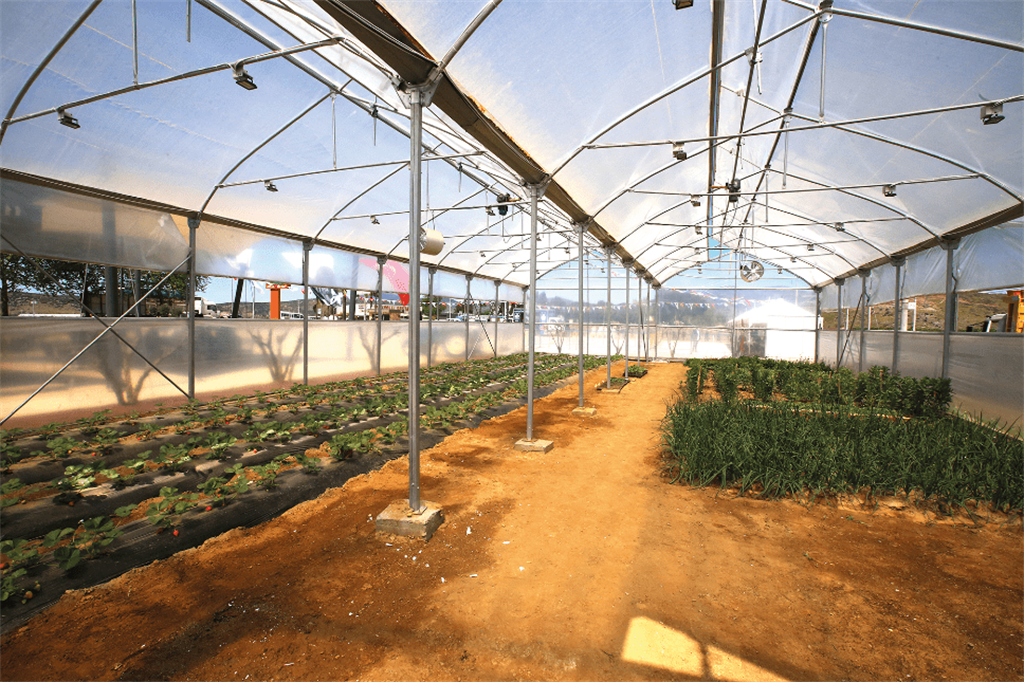The Ephesus Field Life Village emerged as a response to two interconnected crises: the disappearance of traditional farming knowledge and rural economic decline. Rising production costs, an aging farming population, and the lure of urban life had made small-scale agriculture unsustainable. At the same time, access to healthy food and ecological awareness were diminishing.
Ephesus Field Life Village was planted as a hopeful sprout, addressing these challenges through a holistic model of sustainable rural development that unites education, agriculture, community, and tourism. Through the Soil School and Seed Center, the project preserves and revitalizes traditional knowledge while offering practical training. Women and youth are empowered through cooperative structures and vocational support. Composting and rainwater harvesting reduce environmental impact, while healthy food is delivered directly to consumers and families in need.
Crucially, tourism has been embedded from the beginning as a tool for rural regeneration and economic diversification. Visitors explore agricultural practices, join seed-saving events, and attend farm-to-table tastings, transforming Selçuk into a living classroom. Over 5,000 tourists visit annually, generating new income streams and encouraging replication of this model elsewhere.
Selçuk has thus become not only a hub of production and learning, but also a new cultural and touristic destination, showcasing how sustainable tourism can support agriculture, empower communities, and preserve heritage.



Comments
No comment left, would you like to comment?